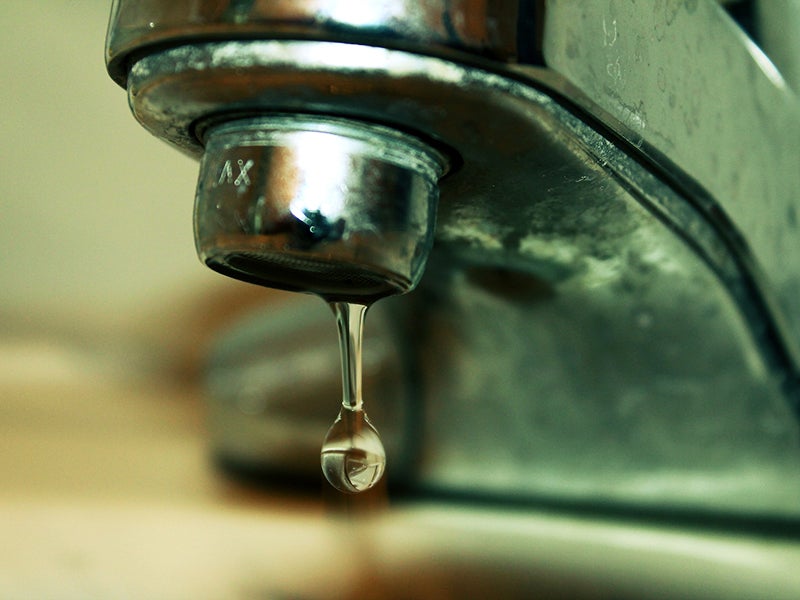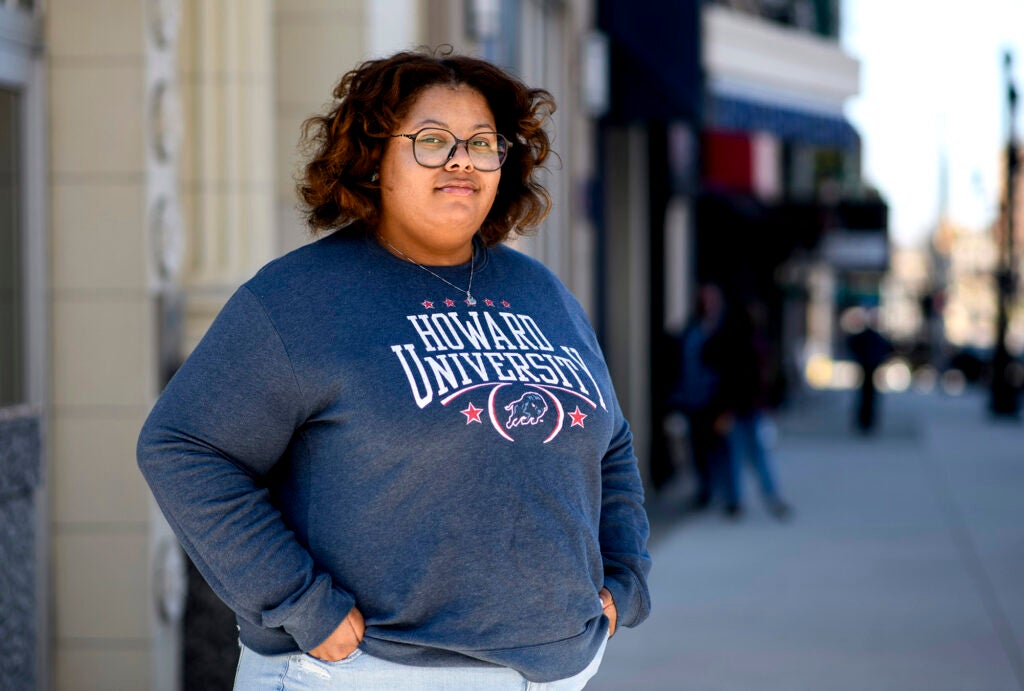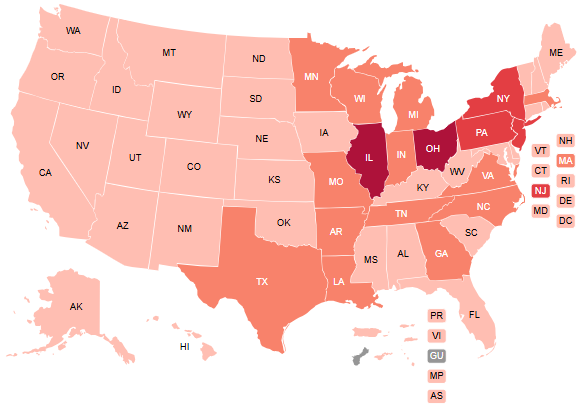Lead and Copper Rule: Protecting Communities from Lead in Drinking Water
Even in small amounts, lead can cause irreversible brain damage in children, learning disabilities, and impaired hearing. There is no safe level of lead exposure for children.
Clients
Regional Office / Program
Case Overview
In October 2024, the U.S. Environmental Protection Agency (EPA) unveiled the final Lead and Copper Rule Improvements rule (LCRI), a long-overdue measure that makes significant changes to the Safe Drinking Water Act rule aimed at reducing lead contamination of drinking water.
This new rule requires the proactive replacement of most lead service lines nationwide within the next 10 years, improves sampling methods to more accurately measure lead levels, and lowers the “lead action level,” which will force more water systems to take immediate action to address lead contamination. The new rule also requires water systems to provide consumers with filters when high lead levels are repeatedly detected.
The EPA is making these necessary changes on the heels of Congress’ Bipartisan Infrastructure Law, which set aside $15 billion dollars for lead service line removal.
This country has the means, and the Biden administration has now shown the will, to stop drinking water from being delivered though service lines made of lead, a highly toxic contaminant that leaches into the water.
There are still as many as 10 million lead service lines in the United States, delivering drinking water to an estimated 22 million people.

Case Updates
Case page created on October 15, 2024.

